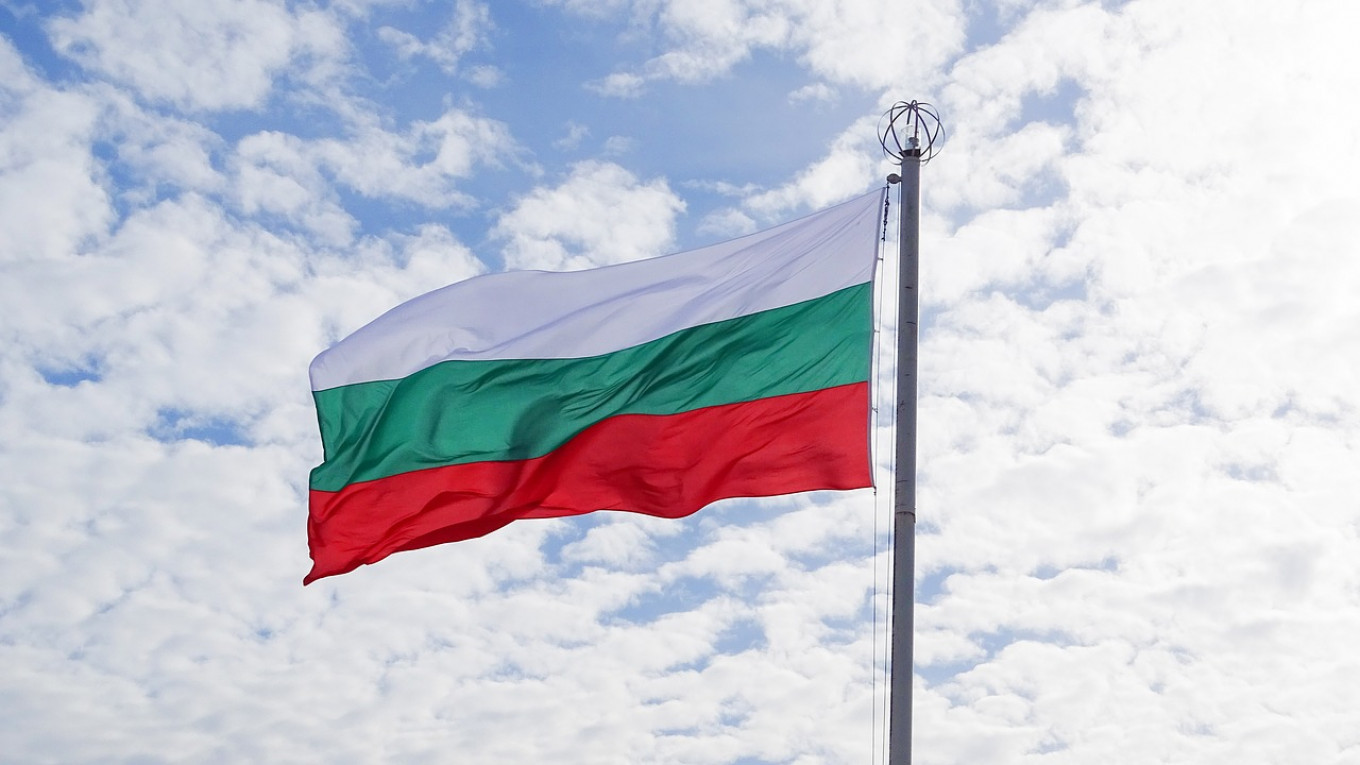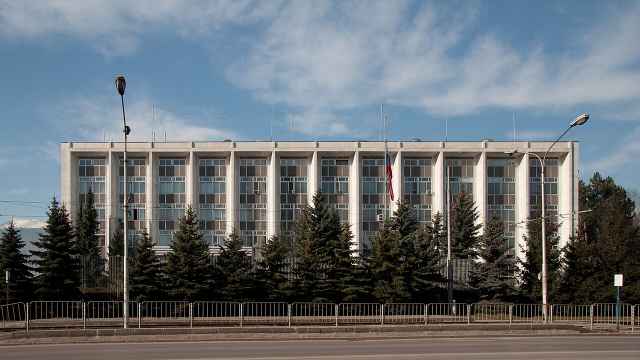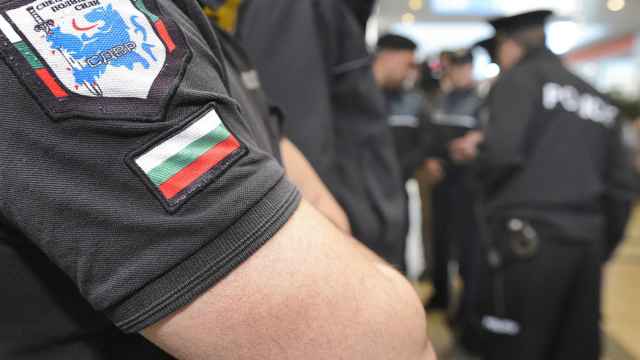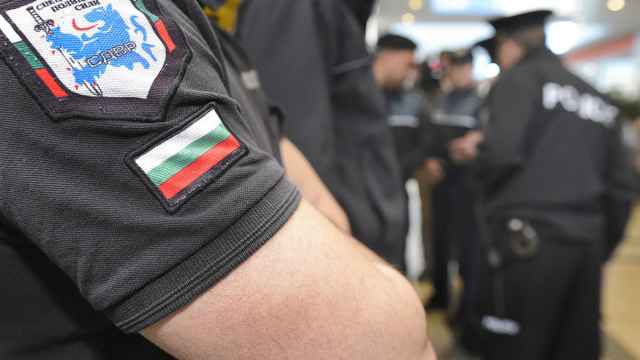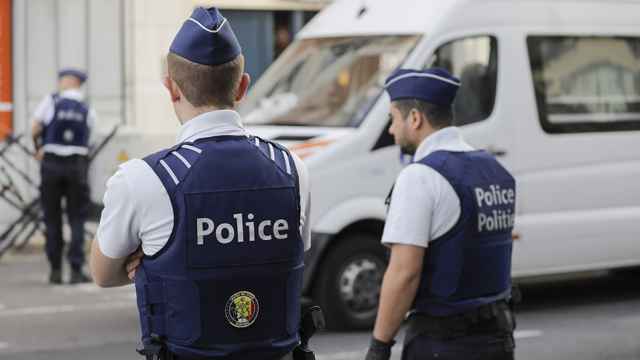Bulgarian prosecutors have charged three Russians with the attempted murder of three men whose poisoning is being investigated by Sofia for possible links with the 2018 nerve-agent attack on ex-Russian spy Sergei Skripal.
The prosecutors did not name the three Russians, but said European arrest warrants had been issued and that they would seek their extradition to Bulgaria.
The three are accused of trying to kill arms factory owner and trader Emilian Gebrev and two other Bulgarians in Sofia between April 28 and May 4, 2015 by "intoxication with an unidentified organophosphorus substance," the prosecutors said in a statement.
They said the method used was "dangerous to the lives of many."
Gebrev and the two other victims fell ill but survived.
The investigation into the poisoning was reopened in 2018 after Gebrev told prosecutors he had reason to believe the substance used on him might have been similar to Novichok, the nerve agent used against Skripal in Salisbury in England.
In February last year, Bulgaria said it was investigating a possible link between their poisoning and the attack on Skripal and his daughter, both of whom survived.
At the time, prosecutors said a Russian man by the name of Sergei Fedotov visited Bulgaria three times in 2015 and was there in April when Gebrev was poisoned.
In October 2018, Russian news website Fontanka named Fedotov, who it said worked for the country's GRU military intelligence service, as a suspect in the Skripal case.
Moscow never comments on the identity of GRU staff, but has denied involvement in the poisoning of Skripal.
A Russian Foreign Ministry spokeswoman declined to give detailed comment on Thursday but said the Russian Embassy in Bulgaria was probably following developments.
Investigative website Bellingcat has said Fedotov was an alias for a GRU officer called Denis Sergeev.
In December, Sotir Tsatsarov, at the time Bulgaria's chief prosecutor, said he saw a close link between the people involved in the crimes in Bulgaria and England as a suspect in the Skripal case was in Sofia when Gebrev was poisoned.
The Bulgarian prosecutors have said they are cooperating with the FBI and Britain on the investigation.
A Message from The Moscow Times:
Dear readers,
We are facing unprecedented challenges. Russia's Prosecutor General's Office has designated The Moscow Times as an "undesirable" organization, criminalizing our work and putting our staff at risk of prosecution. This follows our earlier unjust labeling as a "foreign agent."
These actions are direct attempts to silence independent journalism in Russia. The authorities claim our work "discredits the decisions of the Russian leadership." We see things differently: we strive to provide accurate, unbiased reporting on Russia.
We, the journalists of The Moscow Times, refuse to be silenced. But to continue our work, we need your help.
Your support, no matter how small, makes a world of difference. If you can, please support us monthly starting from just $2. It's quick to set up, and every contribution makes a significant impact.
By supporting The Moscow Times, you're defending open, independent journalism in the face of repression. Thank you for standing with us.
Remind me later.


